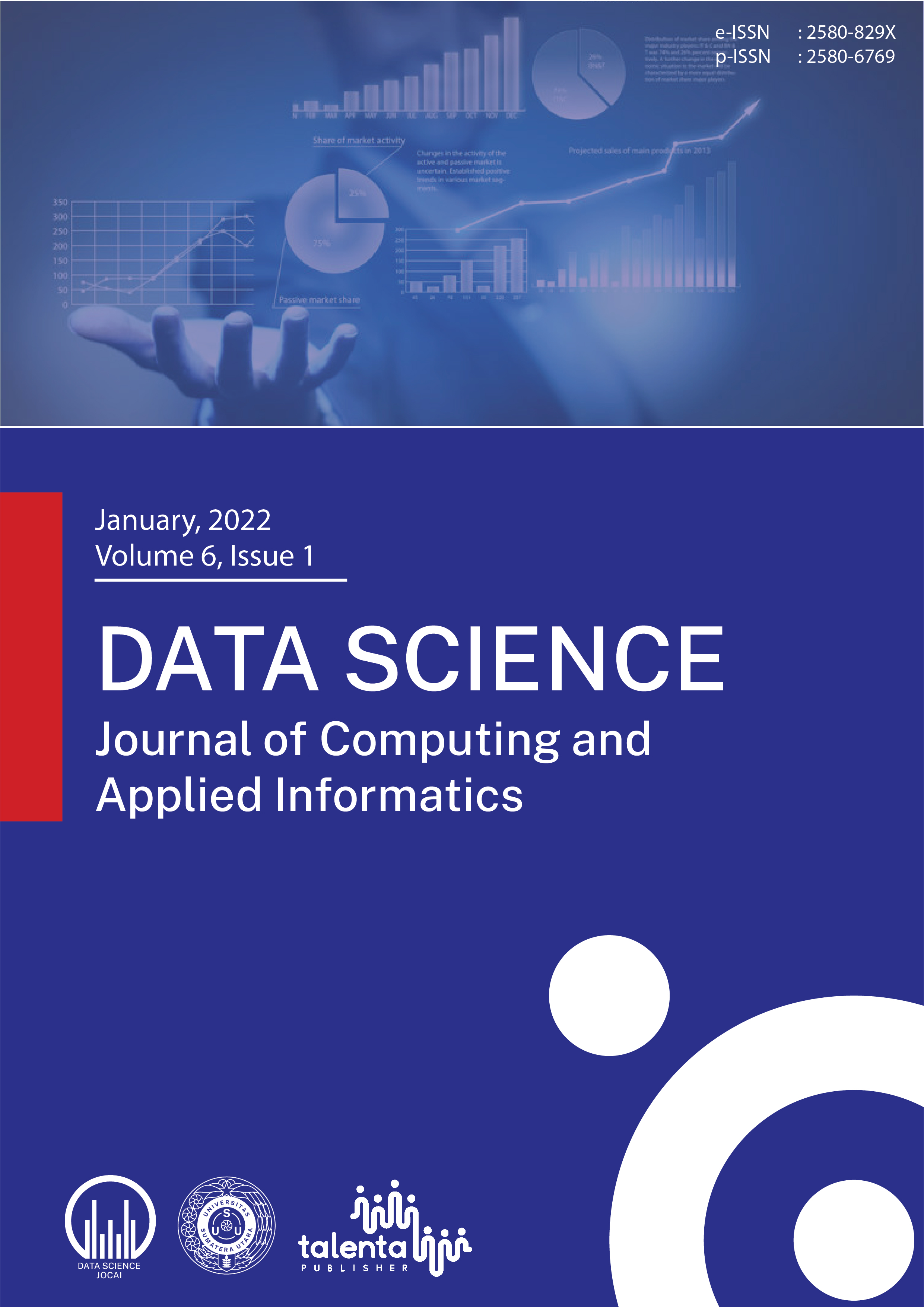The Role of Social Media on Student Consumer Behavior in the City of Bandung
DOI:
https://doi.org/10.32734/jocai.v6.i1-5081Keywords:
Pandemic, Customer Behaviour, Youth, Social Media, Bandung CityAbstract
The Covid-19 pandemic, which has had a significant impact, is no exception in Indonesia. This pandemic affects human interactions with one another and changes the economy quite significantly. Then there was a change in how to transact from what was previously offline to online and impacted changes in business processes. This research was conducted to see the influence of social media on the behavior of this research using a descriptive qualitative approach in which the researcher made observations through interviews, then observed the field and distributed questionnaires as well as several previous research studies, based on the data obtained, it was reprocessed into rigid information, from the results. Research shows that 85% of consumers come from adolescents aged 18-25 years, where this consumer segmentation has a big role because they actively use social media as a means or media, especially in terms of transactions in E-Commerce, so it does not rule out that shopping and online transactions are currently. This is proliferating in all corners of the world, especially in one of the big cities in Indonesia, namely the City of Bandung.
Downloads
References
N. Ainiyah, “Remaja Millenial dan Media Sosial: Media Sosial Sebagai Media Informasi Pendidikan Bagi Remaja Millenial,†J. Pendidik. Islam Indones., vol. 2, no. 2, pp. 221–236, 2018, doi: 10.35316/jpii.v2i2.76.
Z. F. Nurhadi, “Model Komunikasi Sosial Remaja Melalui Media Twitter,†J. ASPIKOM, vol. 3, no. 3, p. 539, 2017, doi: 10.24329/aspikom.v3i3.154.
N. Meilinda, “Social Media on Campus :,†J. Soc. Media, vol. 2, no. 1, pp. 53–64, 2018.
A. Andhini, “Pengaruh Transaksi Online Shopping, dan Kepercayaan Konsumen terhadap Kepuasan Konsumen pada E-Commerce,†J. Ilmu dan Ris. Manaj., vol. 6, no. 7, pp. 1–23, 2017, [Online]. Available: http://jurnalmahasiswa.stiesia.ac.id/index.php/jirm/article/download/1753/1763.
I. Seprina, H. Suroyo, and D. Komalasaric, “Motivasi Penggunaan E - Commerce dalam Berwirausaha pada Siswa SMK Bina Jaya,†Pros. SISFOTEK, vol. 3584, no. 1, pp. 31–36, 1997, [Online]. Available: http://www.seminar.iaii.or.id/index.php/SISFOTEK/article/view/13.
D. Tolstoy, E. R. Nordman, S. M. Hånell, and N. Özbek, “The development of international e-commerce in retail SMEs: An effectuation perspective,†J. World Bus., no. October, p. 101165, 2020, doi: 10.1016/j.jwb.2020.101165.
N. A. Faradisa, “Pengaruh Komunikasi Merek, Citra Merek dan Kepercayaan Merek Melalui Media Online Terhadap Loyalitas Merek pada E-Commerce,†pp. 1–19, 2019.
A. Bawono, Isanawikrama, K. Arif, and Y. J. Kurniawan, “Pengaruh Perilaku Konsumen, Brand Image Dan Promosi Terhadap Keputusan Situs Belanja Online (Studi Kasus Pada Situs Belanja Online XYZ),†J. Pengabdi. dan Kewirausahaan, vol. 2, no. 2, pp. 131–144, 2018.
J. Jdm, V. I. N. Sept, T. B. D. E-commerce, D. Suleman, J. Jdm, and V. I. N. Sept, “Suleman, Hal.1-9 Jurnal JDM, Vol. I No.01 Sept 2018,†vol. I, no. 01, pp. 1–9, 2018.
D. Rorin, M. Insana, and R. S. Johan, “PENINGKATAN KEPUASAN KONSUMEN MELALUI PENGGUNAAN E-COMMERCE Universitas Indraprasta PGRI Jakarta Email : dwirorin@gmail.com dan informasi . Hampir semua rakyat Indonesia bisa dengan mudah menyerap informasi yang Survei lain yang dilakukan oleh Asosiasi Pe,†vol. 12, no. 2, pp. 125–137, 2020.
S. Mumtahana, Hani Atun, Nita and A. W. Tito, “khazanah informatika Pemanfaatan Web E-Commerce untuk Meningkatkan Strategi Pemasaran,†Pemanfaat. Web E-Commerce untuk Meningkat. Strateg. Pemasar., vol. 3, no. 1, pp. 6–15, 2017, [Online]. Available: http://journals.ums.ac.id/index.php/khif/article/view/3309/2784.
E. Simangunsong, “Social Media & Internet : a Study in Start Up Companies,†J. Manaj. Dan Kewirausahaan, vol. 18, no. 2, pp. 145–151, 2016, doi: 10.9744/jmk.18.2.145.
Downloads
Published
How to Cite
Issue
Section
License
Copyright (c) 2022 Data Science: Journal of Computing and Applied Informatics

This work is licensed under a Creative Commons Attribution-ShareAlike 4.0 International License.















